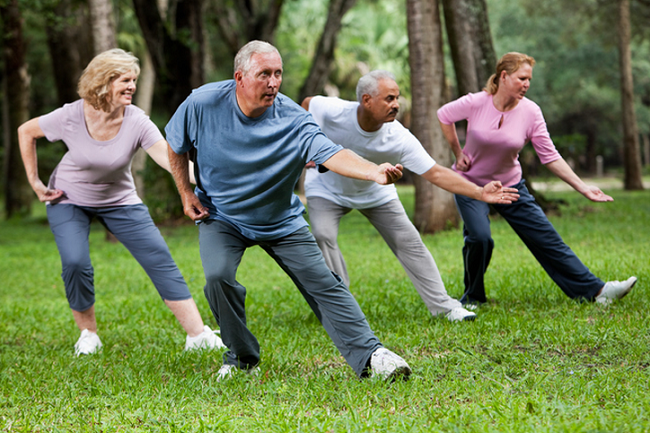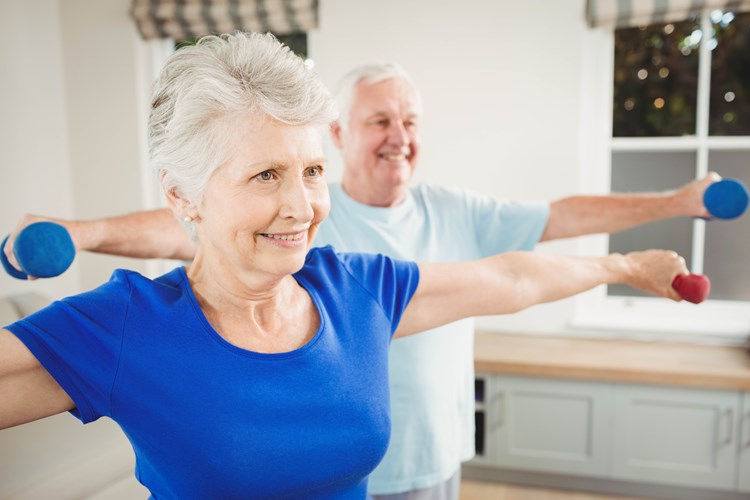Exercise activates memory neural networks in older adults
Recent findings suggest that when it comes to older adults, just one session of exercise can increase activation in the brain circuits associated with memory - including the hippocampus - which shrinks with age and is the brain region attacked first in Alzheimer's disease.

Washington DC: Recent findings suggest that when it comes to older adults, just one session of exercise can increase activation in the brain circuits associated with memory - including the hippocampus - which shrinks with age and is the brain region attacked first in Alzheimer's disease.
"While it has been shown that regular exercise can increase the volume of the hippocampus, our study provides new information that acute exercise has the ability to impact this important brain region," said Carson Smith, lead author of the study.
Also Read: What causes malnutrition in elderly people?

The study was published in the Journal of the International Neuropsychological Society.
Also Read |
Music calls up Alzheimer-free regions of brain
The team of researchers measured the brain activity (using fMRI) of healthy participants ages 55-85 who were asked to perform a memory task that involves identifying famous names and non-famous ones.
Also Read: Older adults with strong grip, good memory may be able to avoid disability
The action of remembering famous names activates a neural network related to semantic memory, which is known to deteriorate over time with memory loss.

This test was conducted 30 minutes after a session of moderately intense exercise (70% of max effort) on an exercise bike and on a separate day after a period of rest.
Also Read |
Half hour of exercise can counteract a day of sitting
Also Read: Older adults with strong grip, good memory may be able to avoid disability
Participants' brain activation while correctly remembering names was significantly greater in four brain cortical regions (including the middle frontal gyrus, inferior temporal gryus, middle temporal gyrus, and fusiform gyrus) after exercise compared to after rest. The increased activation of the hippocampus was also seen on both sides of the brain.
"Just like a muscle adapts to repeated use, single sessions of exercise may flex cognitive neural networks in ways that promote adaptations over time and lend to increased network integrity and function and allow more efficient access to memories," Smith explained. (ANI)
 Dynamite News
Dynamite News 